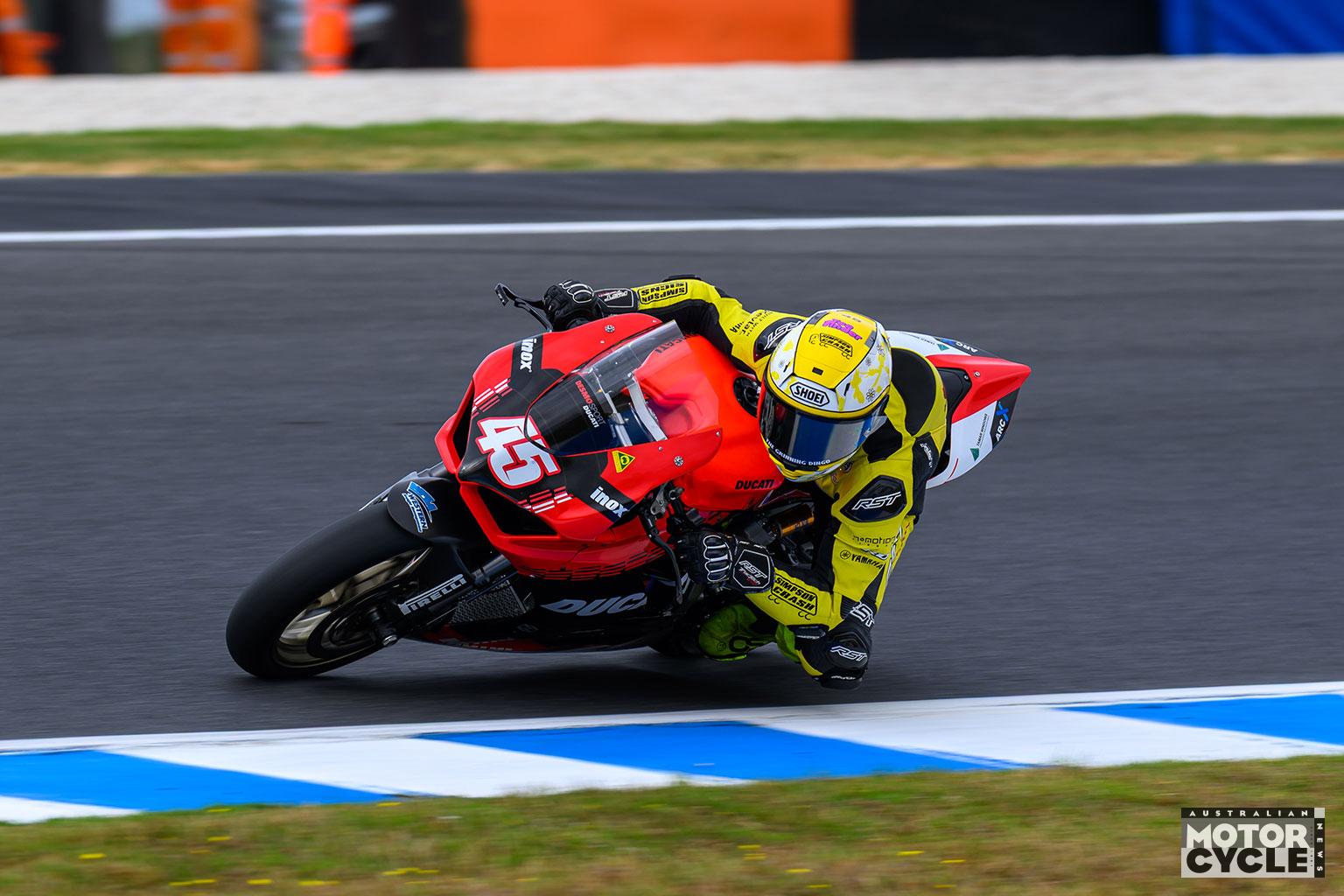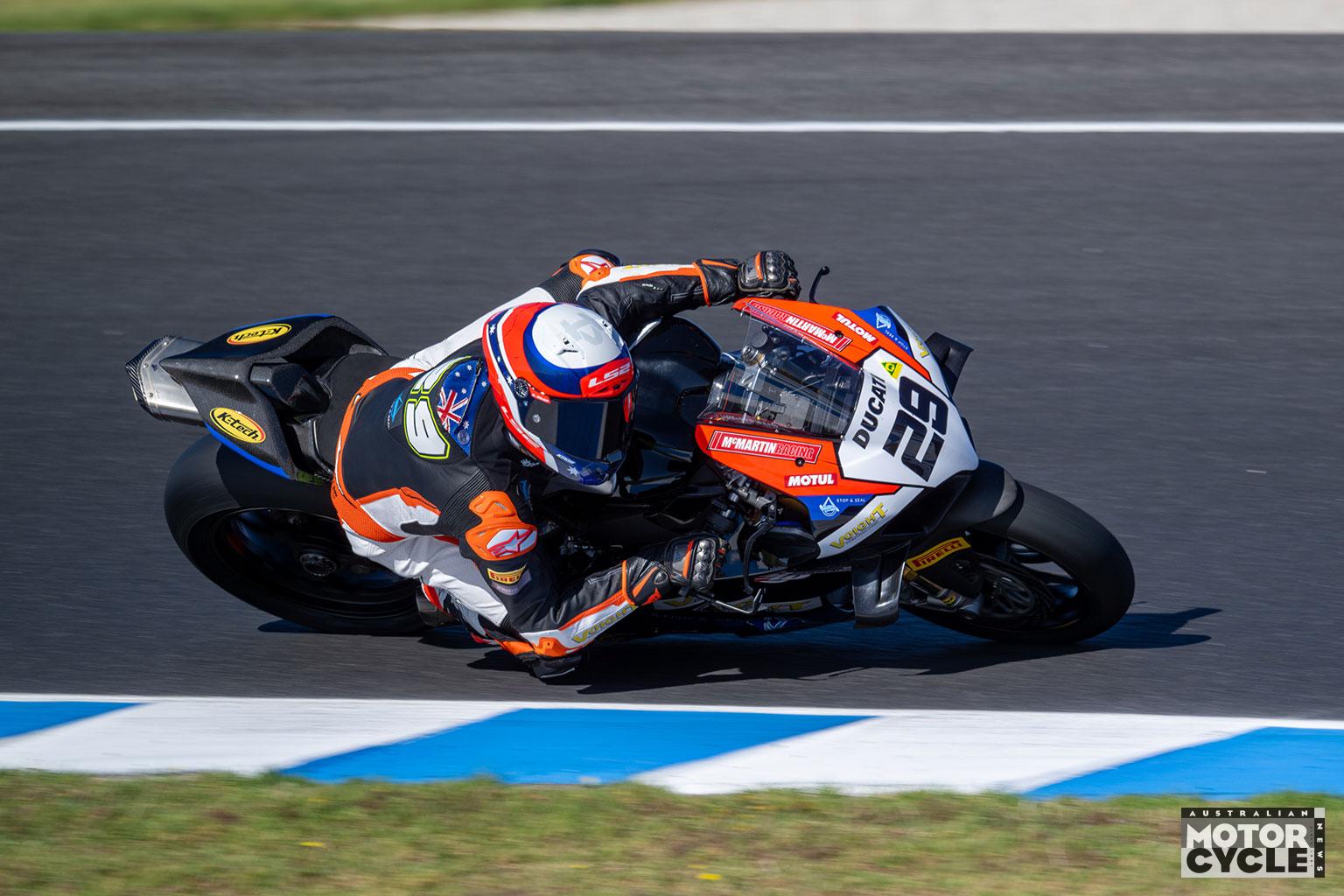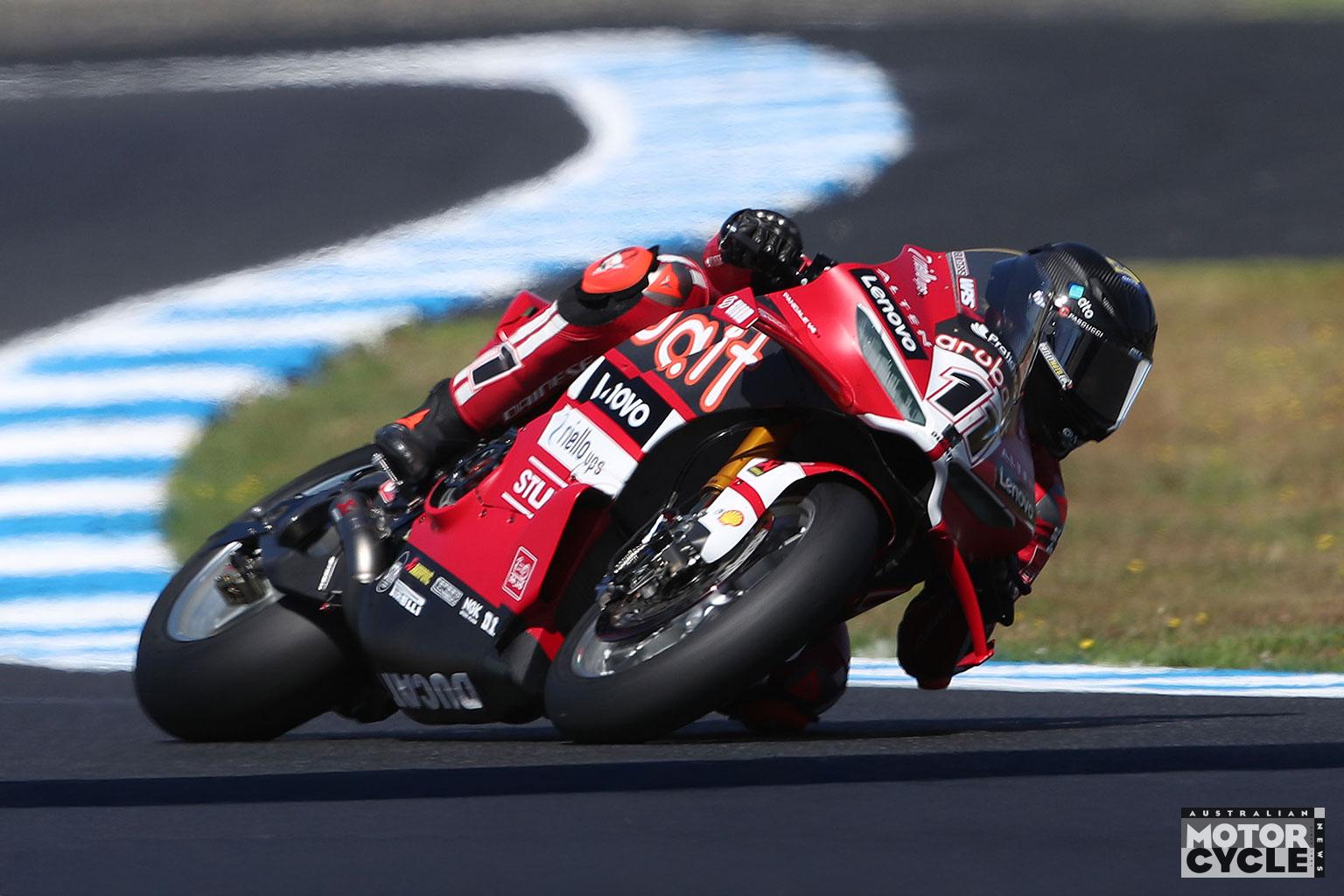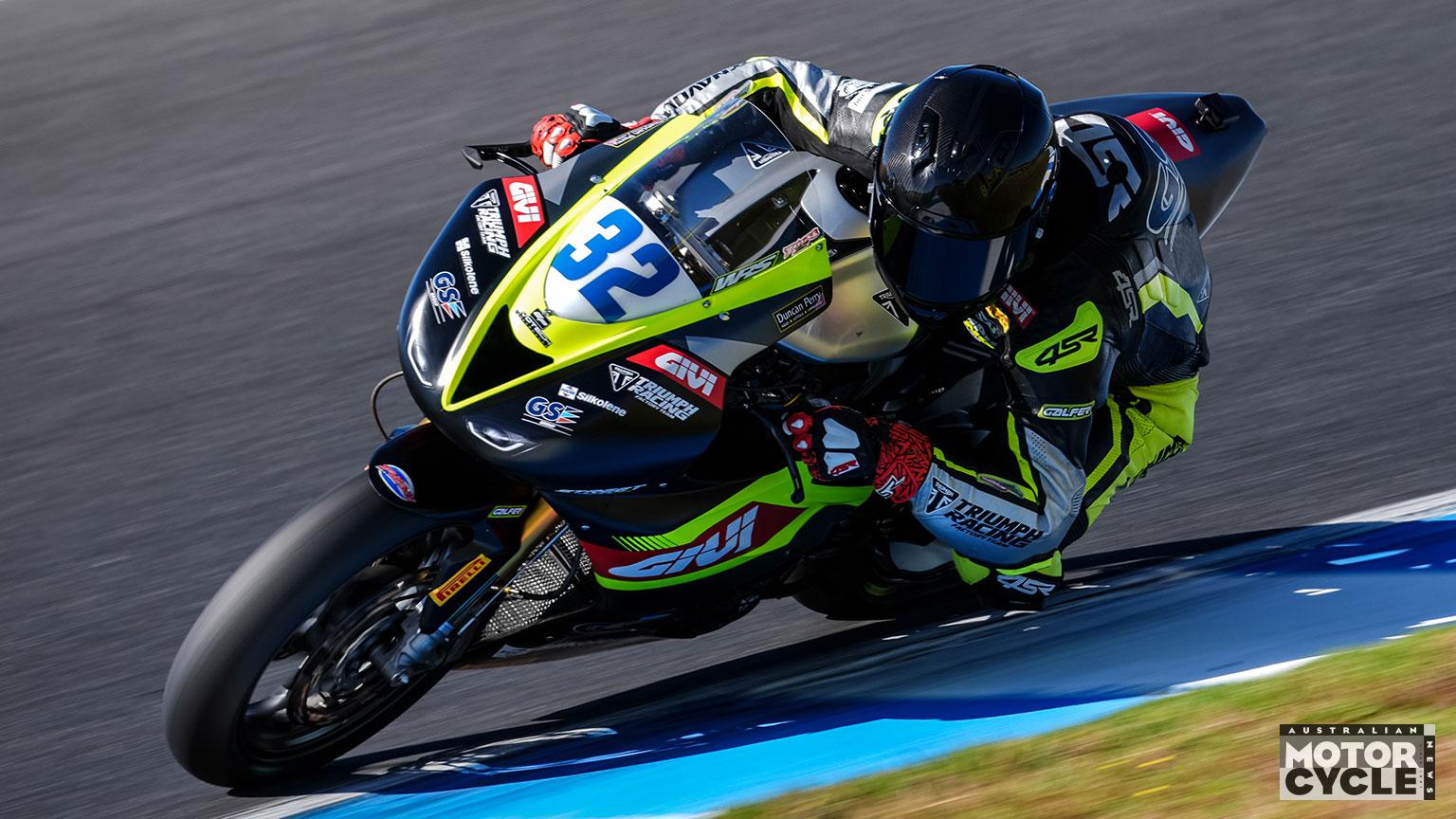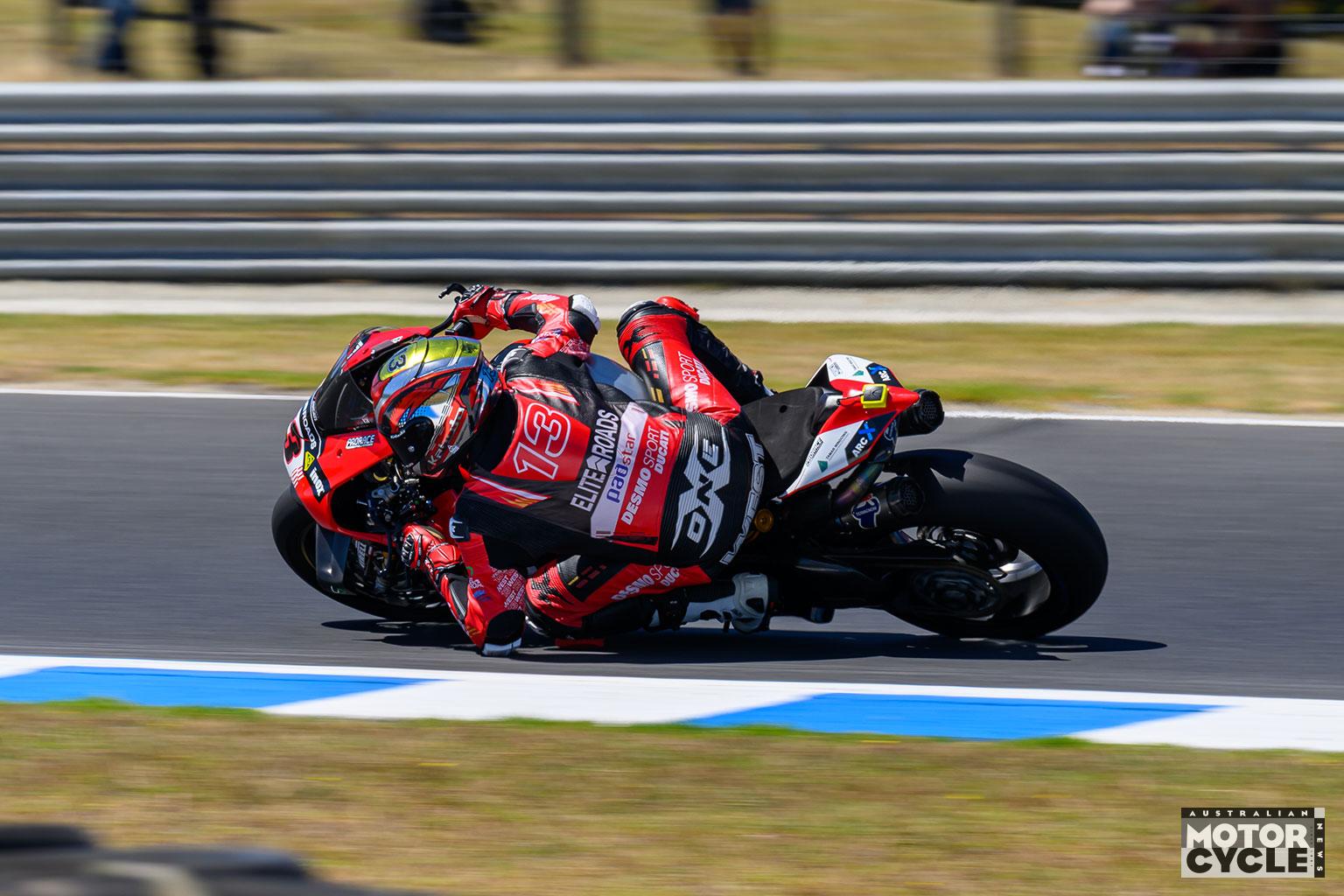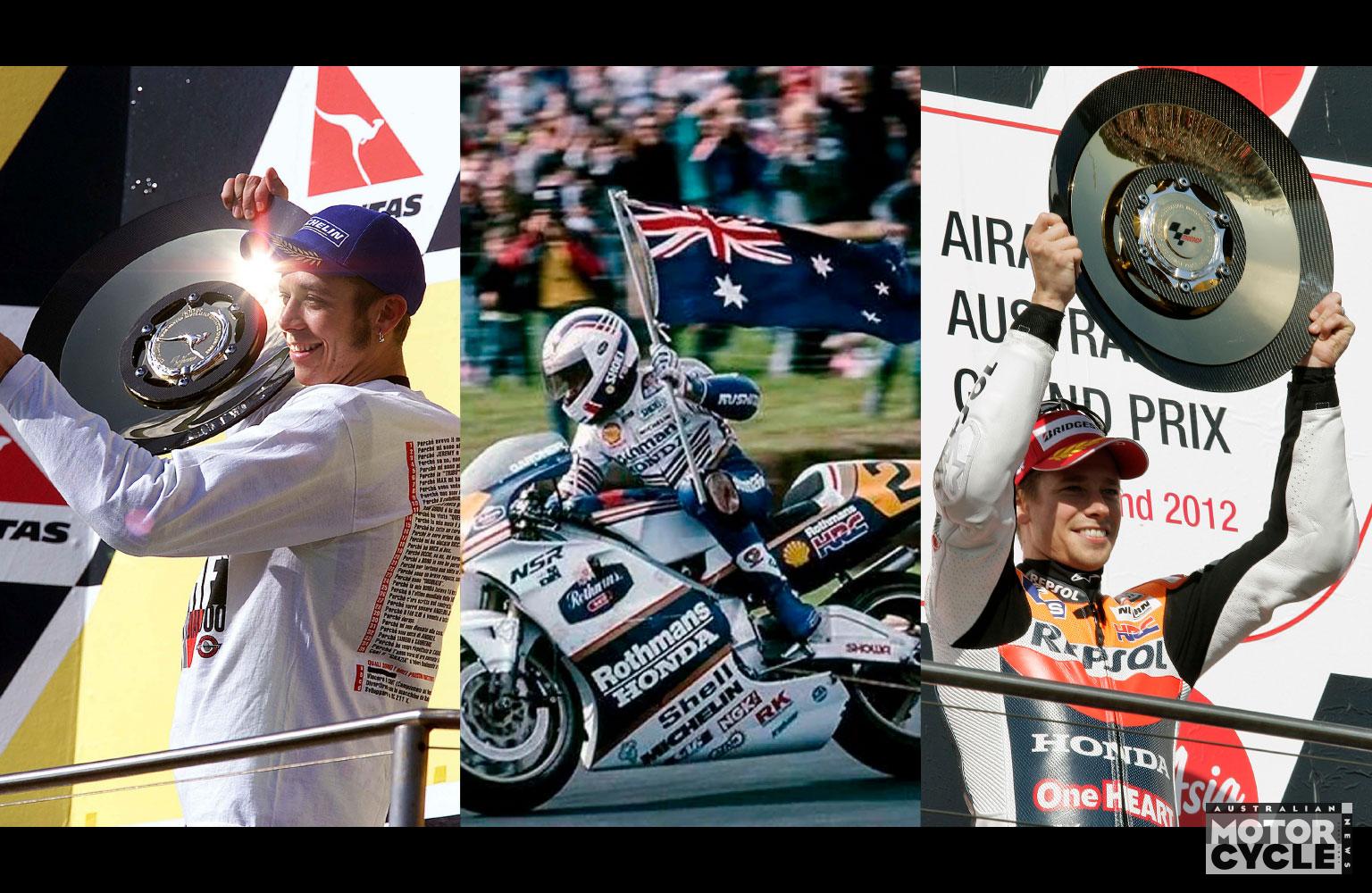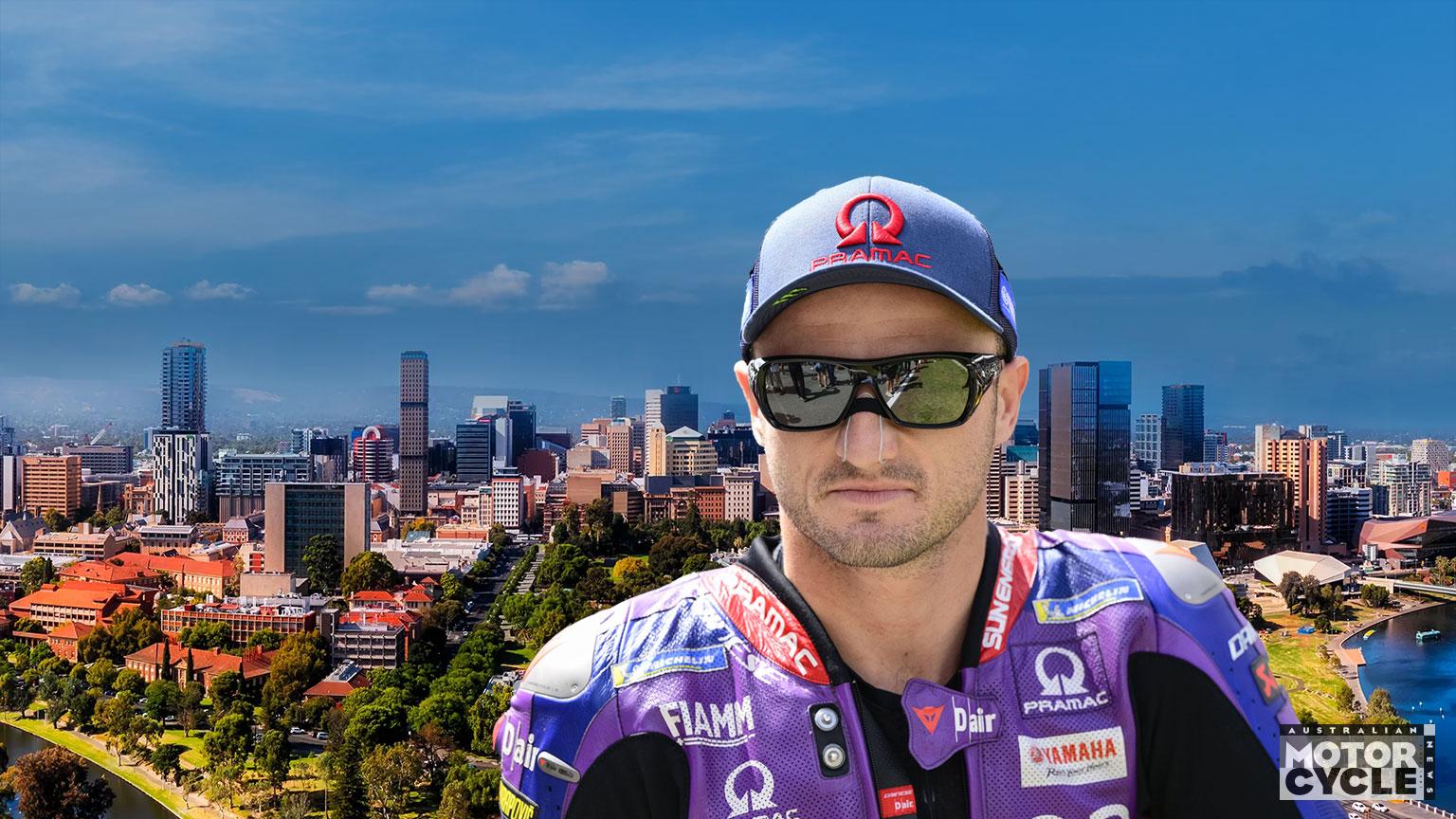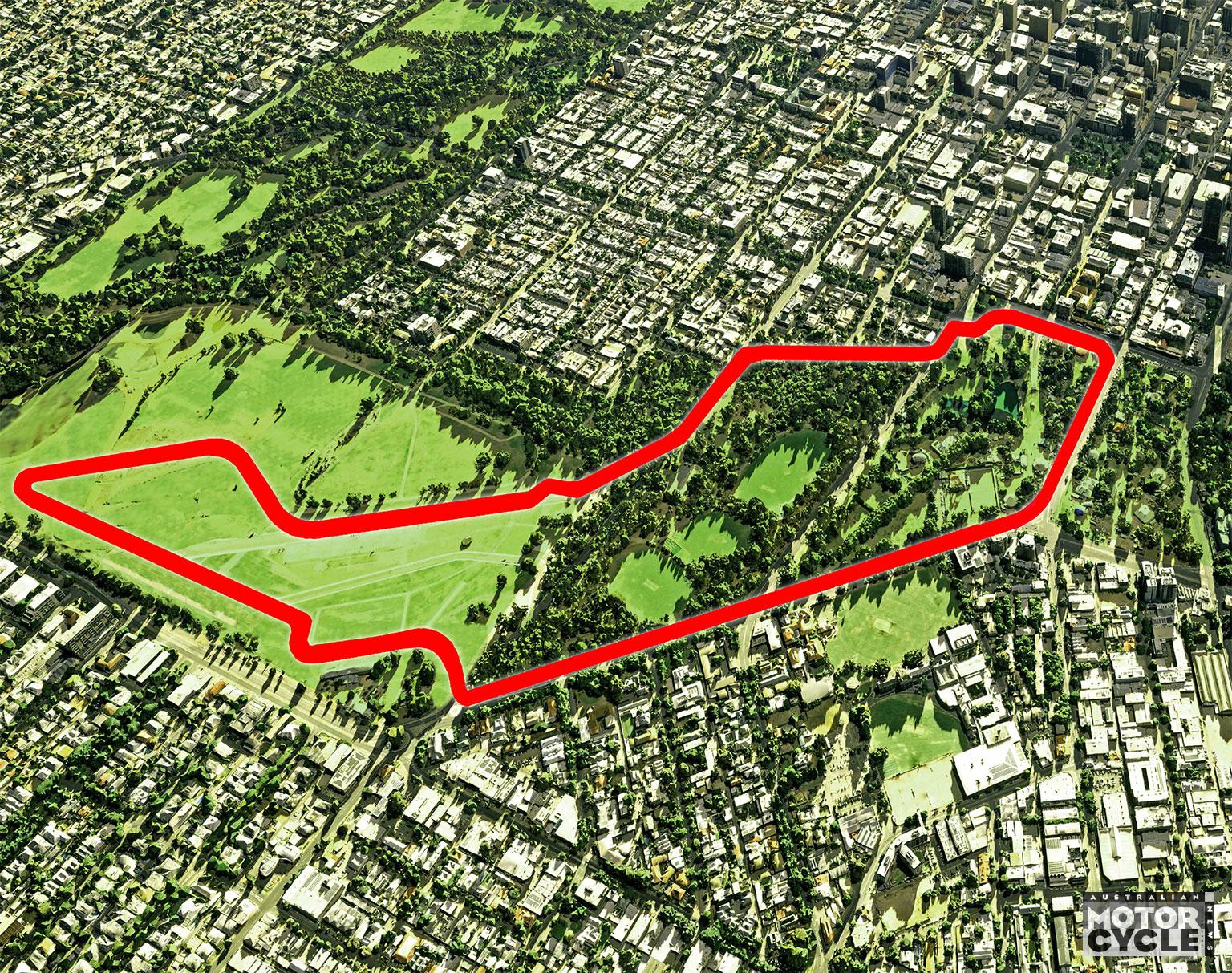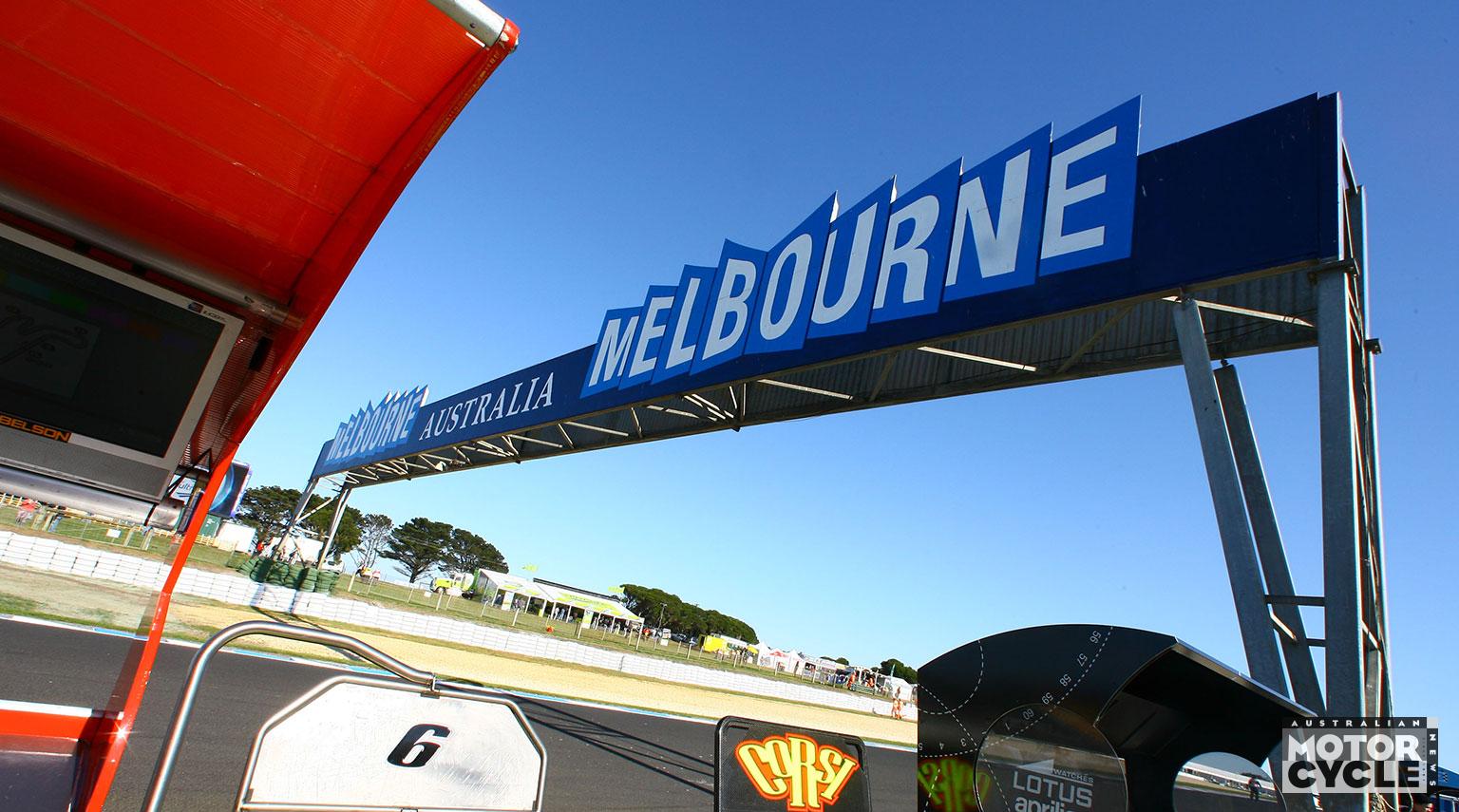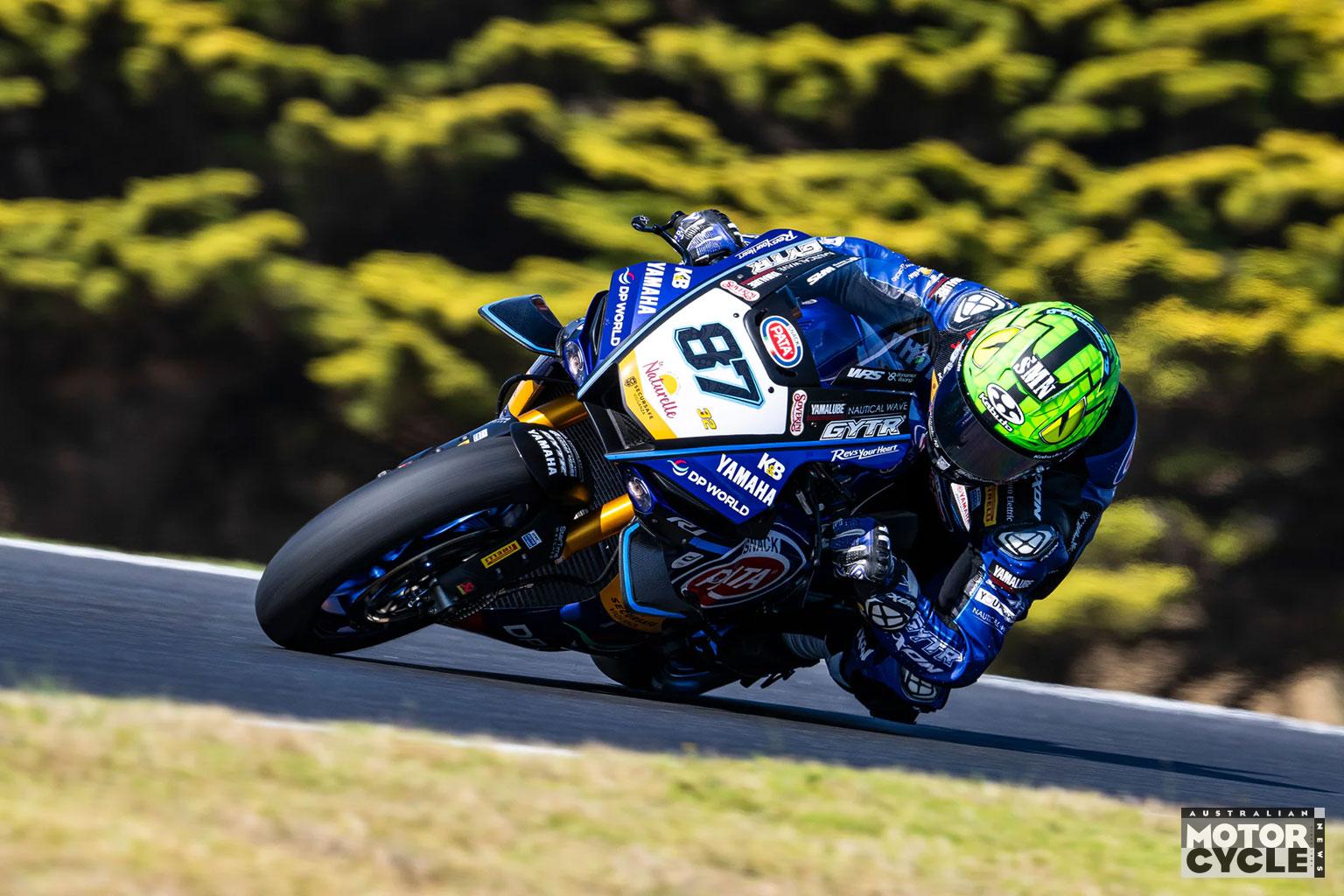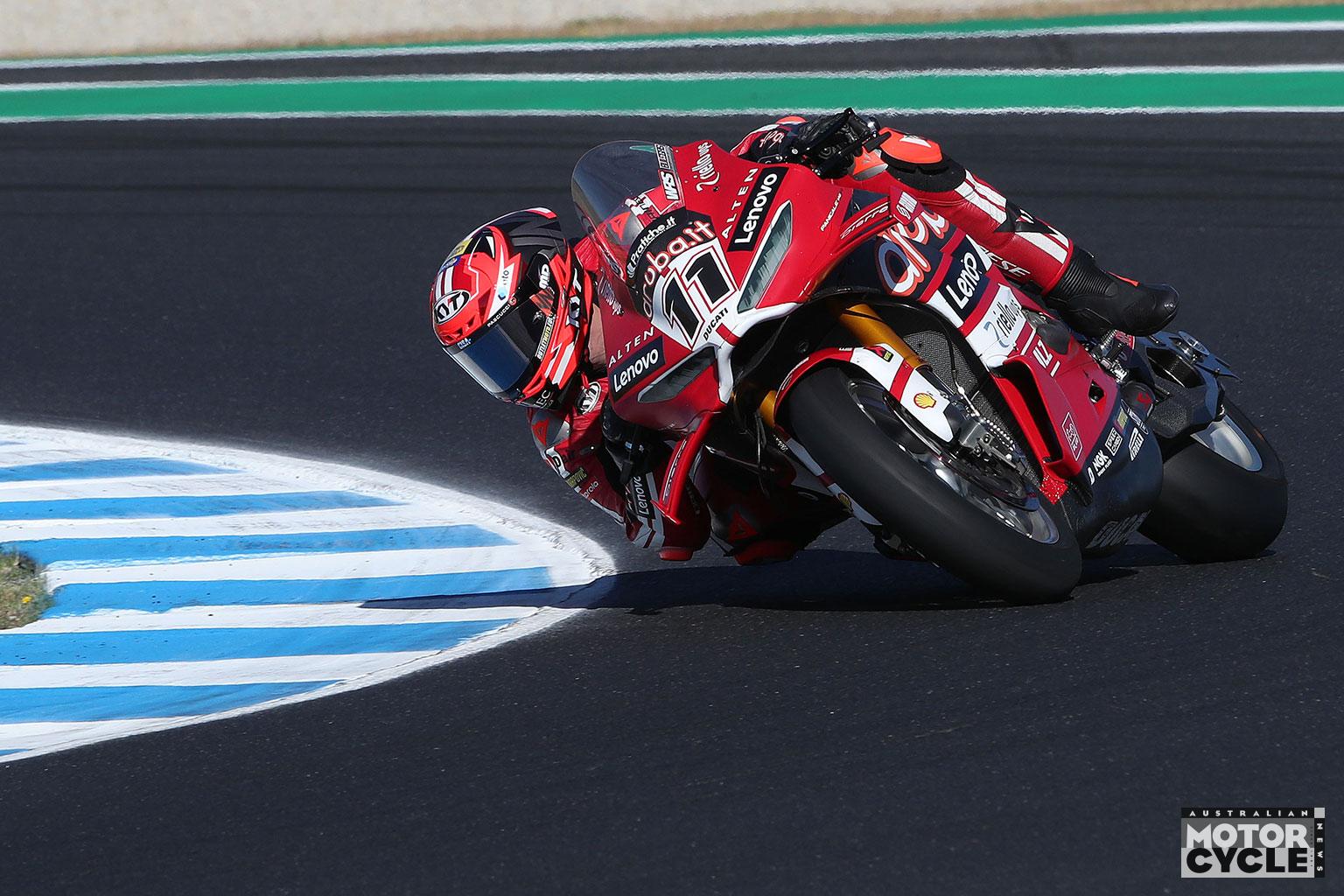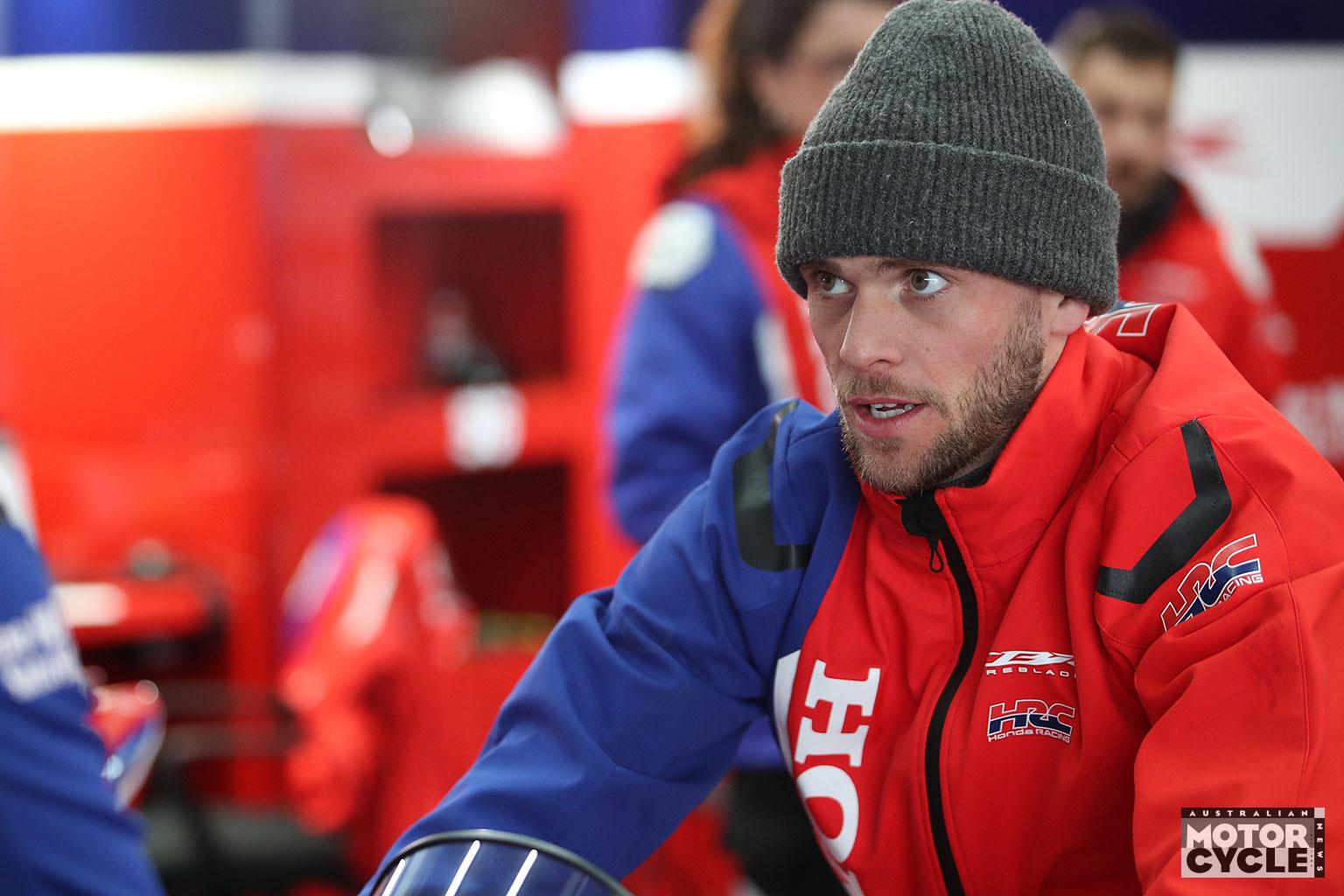Despite his immense popularity and fame, Toby Price is one of the most laidback and down-to-earth blokes you could ever meet. No matter where the two-time Dakar winner is racing, and no matter the racing format, he always finds time for his fans, signing autographs, posing for selfies and having a laugh.
https://www.youtube.com/watch?v=d8M5h4ePO14
Toby Price was already a legend in the Aussie dirtbike scene well before his first Dakar win in 2016 made him famous with a wider audience. By that year, he had already won the Australian Off-Road Championship (AORC) five times, had won the Hattah Desert Race five times, and had stood atop the podium of the Finke Desert Race four times. He had also won the Australian 4 Day Enduro (A4DE) twice and represented Australia in the International Six Day Enduro (ISDE) squad.
But there’s no denying it’s his Dakar crowns with the Red Bull KTM Factory Racing team in 2016 and then again in 2019 that have made Toby Price a household name.
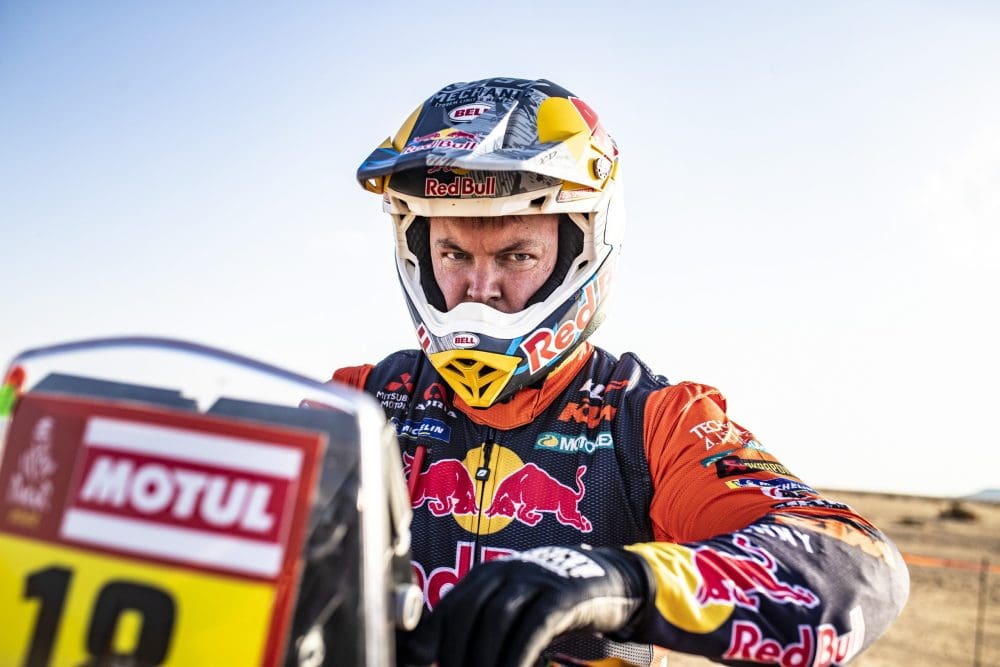
The road to racing glory is never without its perils, however, and Toby has suffered multiple near career-ending injuries, even before his Dakar story had begun… and he has suffered several more since, the most recent of which occurred in the closing stages of the 2021 Dakar, in which he broke his collarbone, shoulder and hand.
Back in Australia after that 2021 Dakar crash, Toby found himself in hospital (quarantining for two weeks before being operated on), which afforded him the time to put pen to paper and start work on his autobiography titled Endurance: The Toby Price Story, which went on sale on 1 February 2022.
“Once I got injured in Dakar [last] year, spending two weeks in a hospital quarantining was going to be quite boring, so I thought it might just be a good time to jump on it and kickstart it, and Penguin [Random House Australia] was in step wanting to do something, and we just took the chance,” Toby explains.
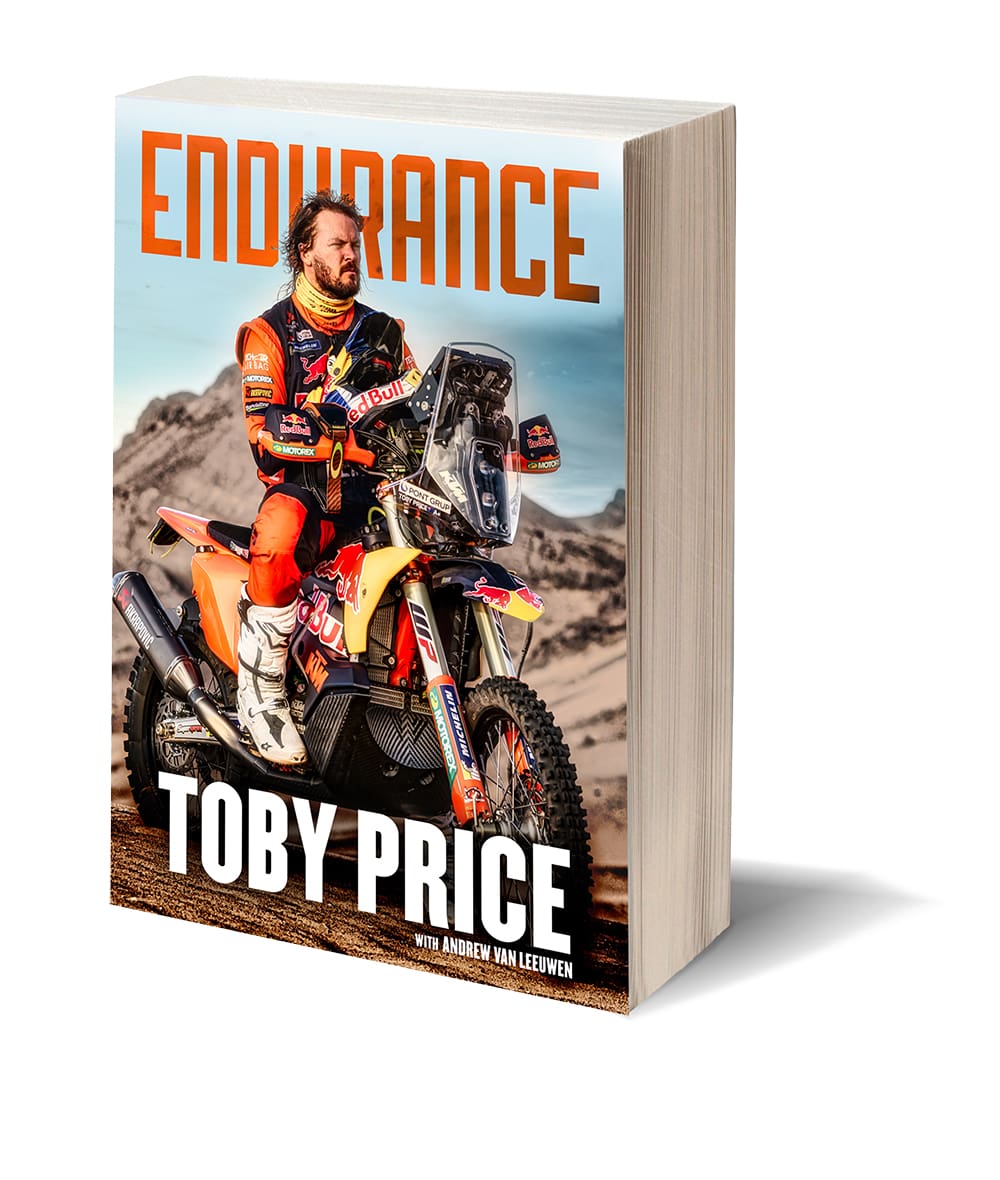
For any fan of motor racing, Toby’s autobiography is a cracker of a read, and the story starts when he was a kid growing up in Roto, near the western NSW town of Hillston.
“It was definitely not an easy childhood, where we grew up, where we lived, but Roto was the stomping ground for where it all kicked off for us,” Toby tells AMCN. “It was an interesting life to live, and it was definitely a difficult one, but we got to ride motorcycles any day of the week we wanted to and for as long as we wanted, and we didn’t annoy anybody, so that was the best part of it all.”
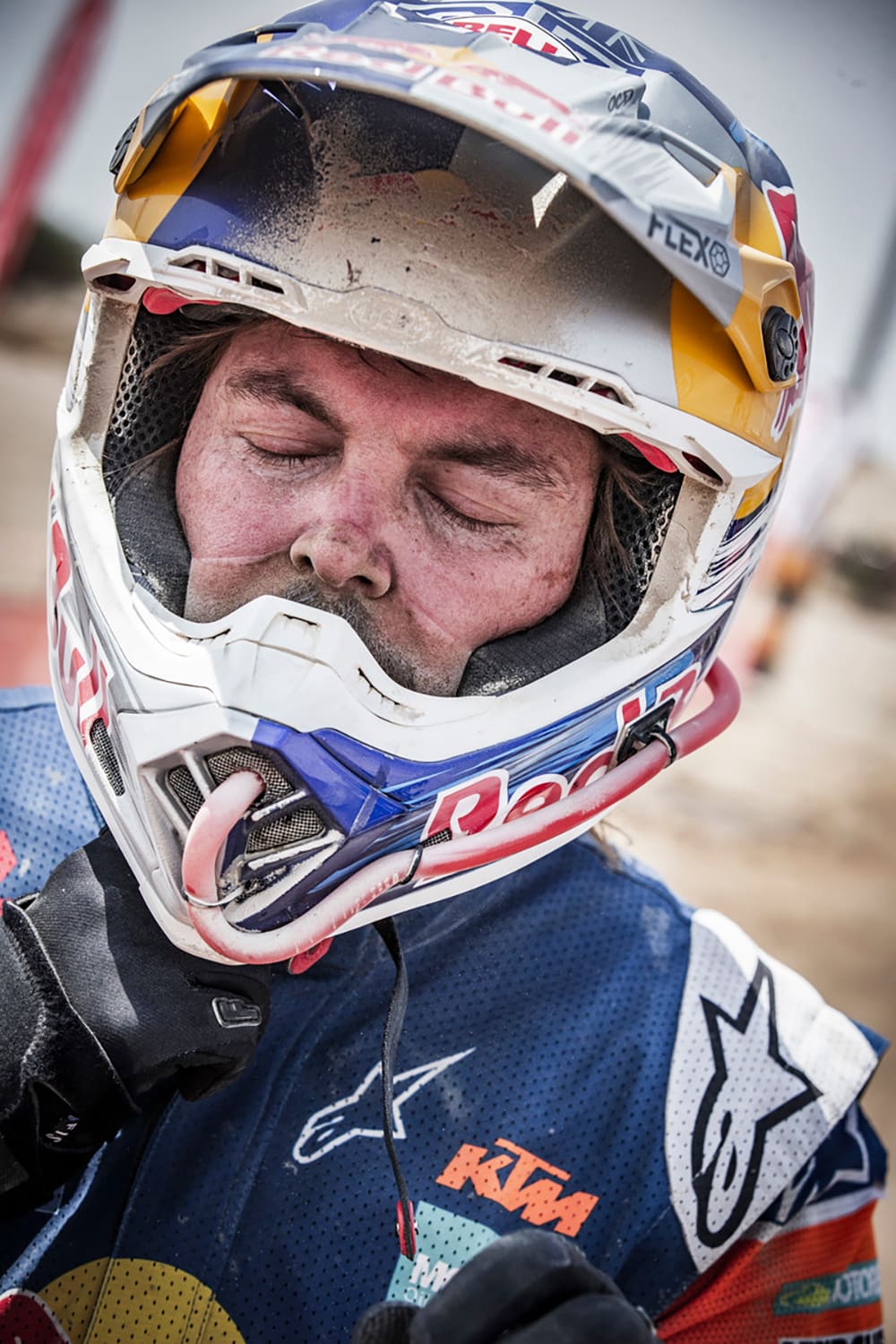
Toby’s racing career started when he was just four-years old, and he won his first race on a PeeWee 50 at a meeting in Condobolin. In his autobiography, he recounts, “I went out there and blew the lot of them to the weeds in my first race.”
Next up was a state meeting in Albury-Wodonga a few weeks later in which Toby lapped the field. This early racing success would have a big impact on Toby and his family, with parents John and Pauline throwing their full support behind him from the start… despite not having a lot in the way of resources.
“My parents worked extremely hard to give me all the best that they could,” Toby says. “When you are a little kid, you look at other families that are in a better position and more well-off, their set-up is a lot better and things like that, but we never let that get in the way, and dad always taught me the right way of things, and mum was always full-support, and working flat-out to try and help get me to get to events.
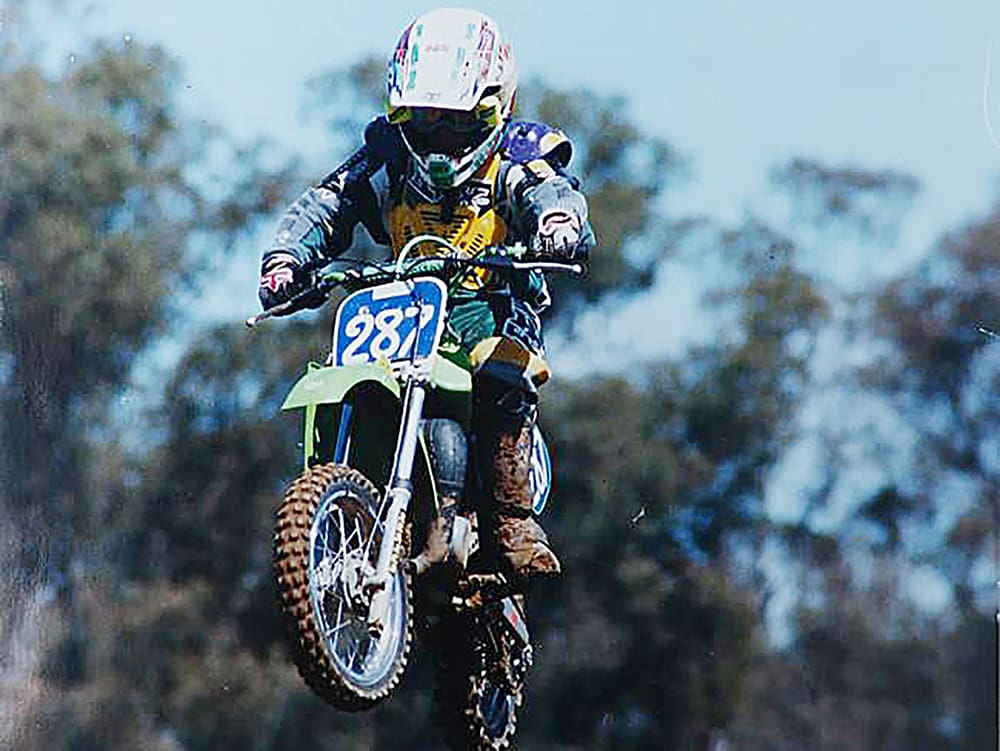
“We made it work… sleeping in swags, and we had an old van to start with then we moved to an old motor coach… it was a decent set-up, but it was nowhere near as flash as the guys coming from the city.”
Having to ‘make do’ no doubt set Toby in good stead for many of the racing challenges he would face later in his career, including his now famous makeshift tyre repair in the 2021 Dakar, in which he used duct tape and cable ties to repair a damaged rear tyre before finishing second on a 709km stage.
“Living on the farm we had to make do with what we had out there,” Toby says. “We couldn’t just go 10 minutes down to a store and buy the parts we needed to fix things, so we were always just trying to MacGyver things up and make the equipment work, the farm tractors and everything.
“Definitely, it was a good thing, because you see a lot of kids that can get things in their hands quite easily, and they usually end up getting out of the sport pretty early.
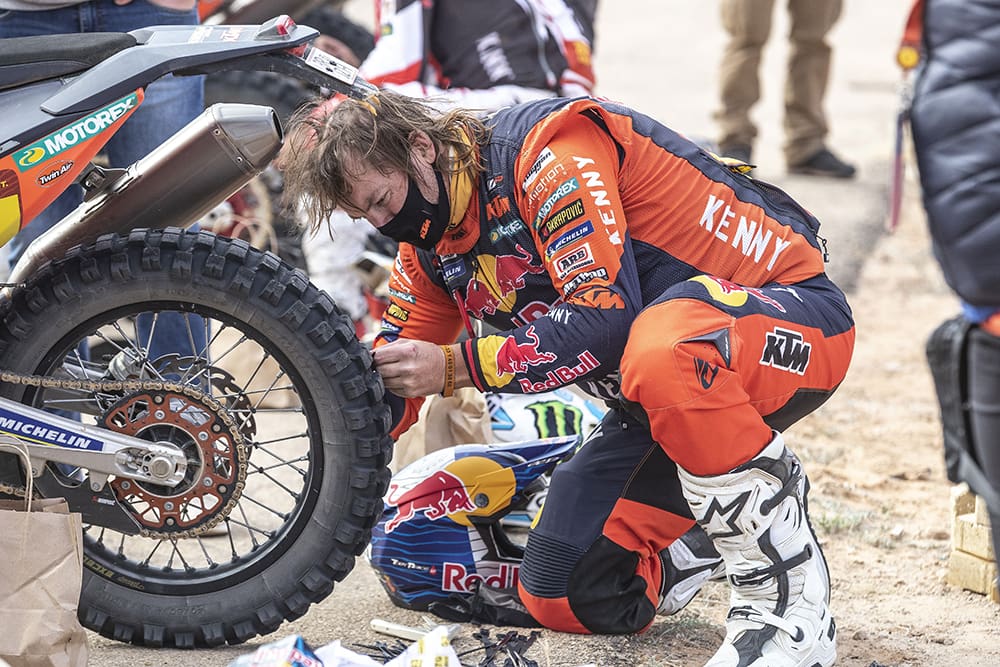
“I’ve always had to work for it, my parents have had to work for it, and it’s made a pretty good story out of it. At the end of the day the chances of actually making it to full-time racing, the percentage rate, is really low, so to have that dream come true, yeah, it’s definitely worked out in our favour a little bit, it was a lot of hard work along the way.”
Early on, Toby had dreams of becoming a MotoGP star, but like most Aussie road-racers, he started out on the dirt and, as well as short- and long-track events, Toby got into racing motocross, then on Mother’s Day in 1997 a huge crash at a race in Griffith resulted in two broken wrists for the then 10-year-old.
Toby fared better over the next few years winning state titles in 1998 and 2000, which led to Peter Goddard offering him a test on a Moriwaki 80cc road-racing bike. Unfortunately for Toby, he had grown too big to be competitive, and he soon realised his lifelong goal of racing in MotoGP was never going to happen.
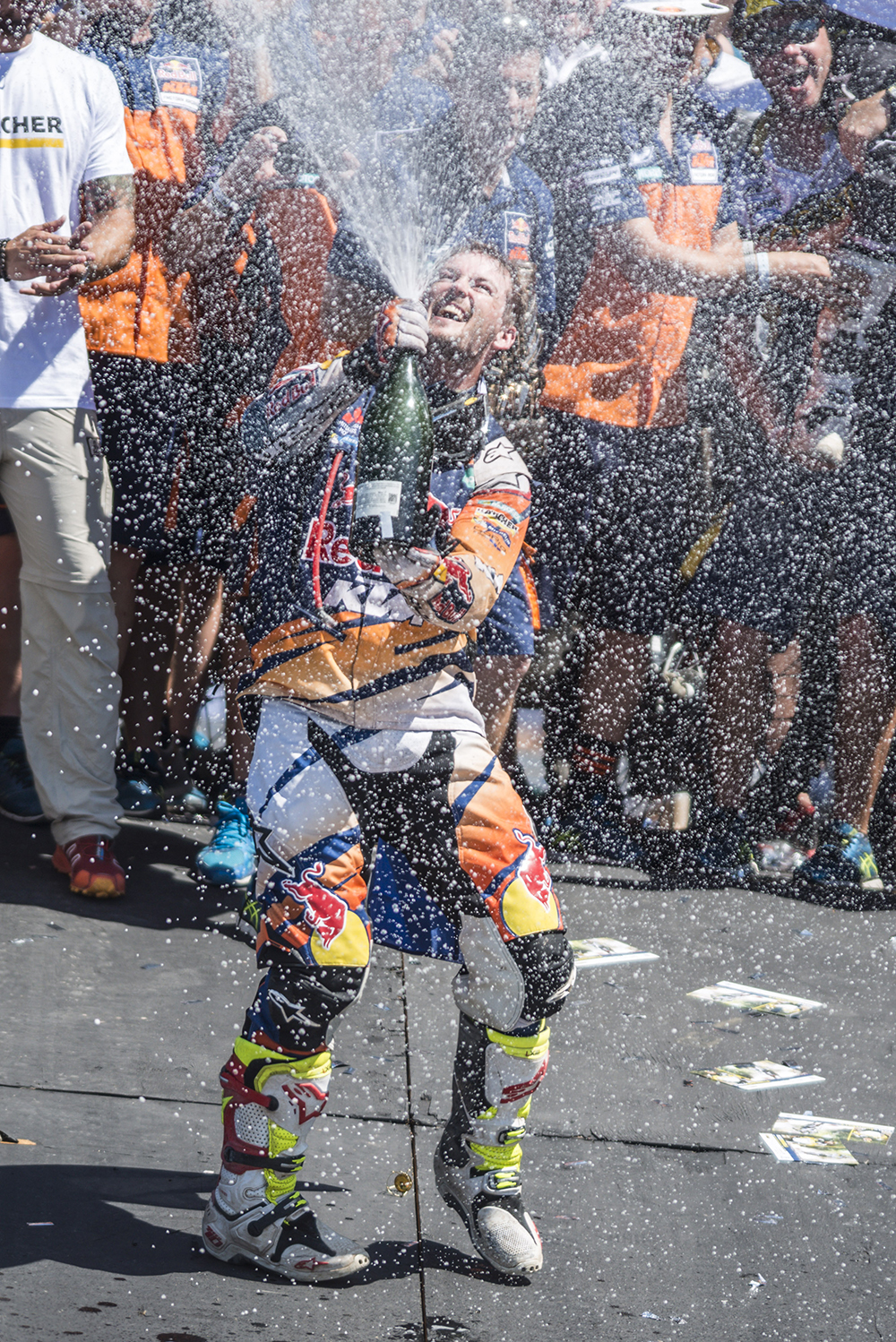
In his last junior season in 2003, Toby won his fourth consecutive NSW motocross title and, despite undergoing surgery for arm pump, he won national titles in both the 125cc and 250F classes that year.
Moving up to the senior motocross ranks in 2004 with a factory Kawasaki deal, Toby placed big expectations on himself, especially as his family moved from Hillston to Singleton to support him. Kawasaki also wanted Toby to race Supercross, but a series of injuries in training and in races meant he was never fully fit between 2004 and 2007. He was dropped from the Kawasaki factory squad in 2008 but he still managed a few top-10 finishes that year as a privateer.
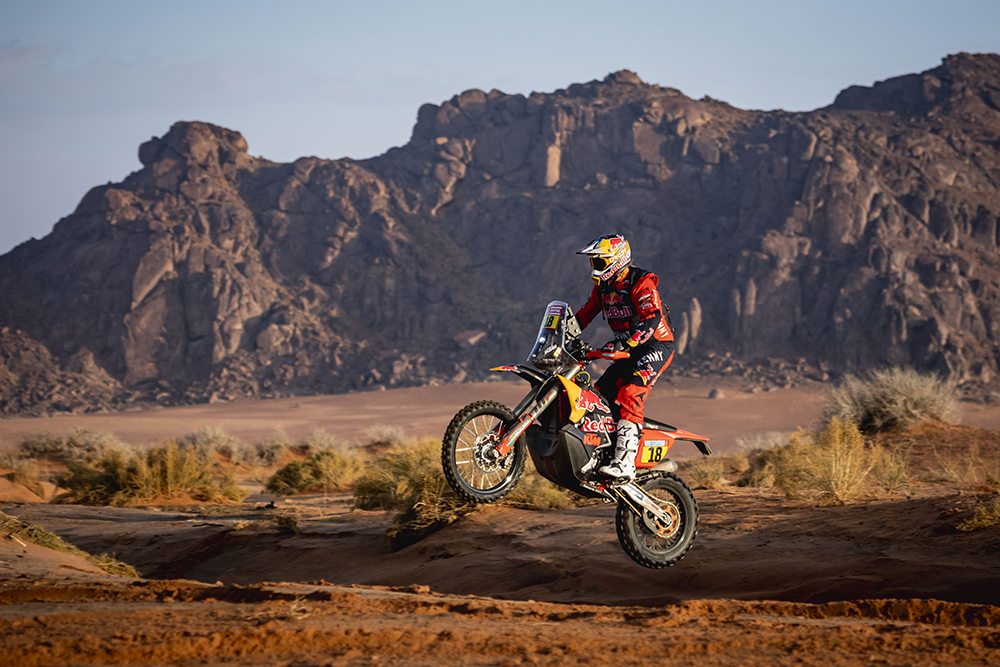
By this stage, though, he was beginning to think his racing career might be over… but in reality, it was just the beginning… thanks to a phone call and an offer to race Enduro for Kawasaki.
“Honestly, that phone call in ’09, I don’t even know what I would be doing right now if I didn’t pick that phone back up and accept the ride to go into Enduro racing,” Toby says. “My plan for 2009 was just to win as many races I could, make some money and then retire from Enduro and go back to motocross and try and make it in that scene again, but I honestly enjoyed racing off-road; the community of off-road racing was a lot of fun and it was more of a relaxed, laidback atmosphere… ”
It’s little wonder Toby enjoyed his debut year in Enduro racing. Despite four-time World Enduro Champion Stefan Merriman returning to AORC in 2009, Toby beat him to the title on his first attempt at the discipline.
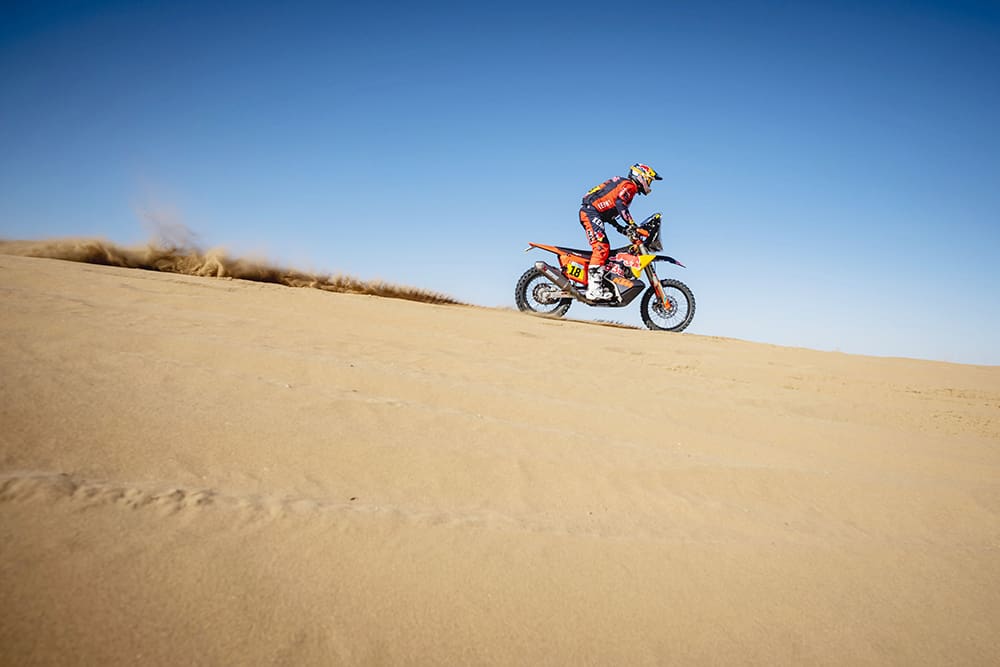
“Basically, 2009, that year, everyone had pretty much written it off with Stefan coming back, and honestly I did too,” Toby says. “I didn’t know what to expect and just put my head down and just was trying to improve every weekend and then by the end of the season we came away with the championship and I was definitely gobsmacked, and I think most of Australia was as well, and I didn’t fall in Stefan Merriman’s wake the whole way.”
If 2009 was an eye opener, 2010 was quite simply a revelation. Toby signed for KTM and won just about everything on offer, including the AORC title once again and, on his first attempt, both the Finke and Hattah desert races.
Toby admits those first Finke and Hattah desert race wins might not have come at all had it not been for the help of teammate Ben Grabham, who up until that point was Australia’s undisputed Desert King.
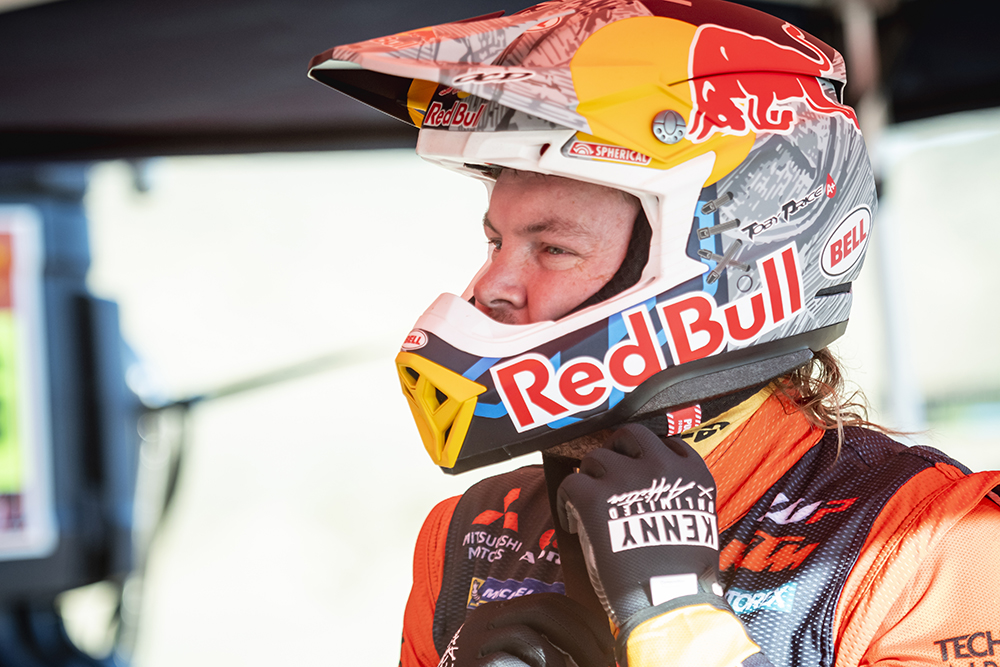
“Luckily I had Ben Grabham in my corner, and he definitely showed me the ropes quite quickly,” Toby says. “We had a good tussle and a good duel between myself and Grabbo, and we were able to have some fun with it… I love being at high speed, living on the farm and out middle of Australia in Roto, basically that’s all I had to do, just go full gas to get to the other side of the paddock, so it was really nothing new, but it definitely paved the way to where we are to this day.”
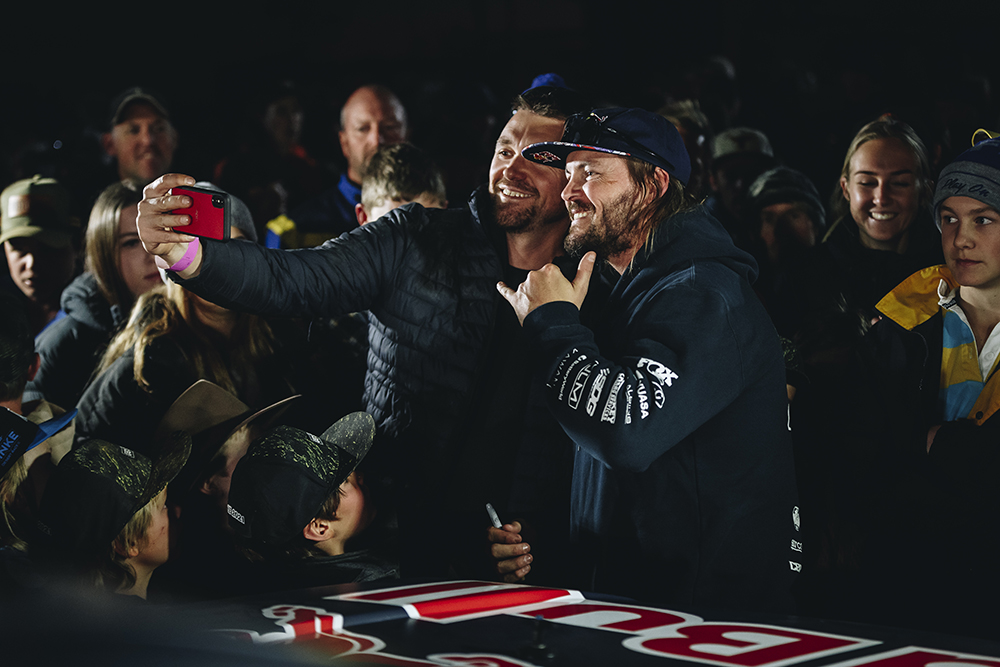
In 2011 Toby won rounds 2, 3 and 4 of the AORC, Hattah and the A4DE, and was selected to compete in the Australian ISDE team. In 2012 he won the AORC, Finke, Hattah and the E3 class of the A4DE. While 2013 started well with wins in rounds 2, 3 and 4 of the AORC, a big crash in the Californian AMA Hare and Hound National Championship saw Toby break three bones in his neck, and his thumb. After big dramas in a US hospital, and problems with his insurance company, Toby’s family flew him back to Australia where he underwent a major operation to repair his neck. Toby’s autobiography covers this event in detail, and to say he was extremely lucky to ever get back on a bike would be a major understatement.
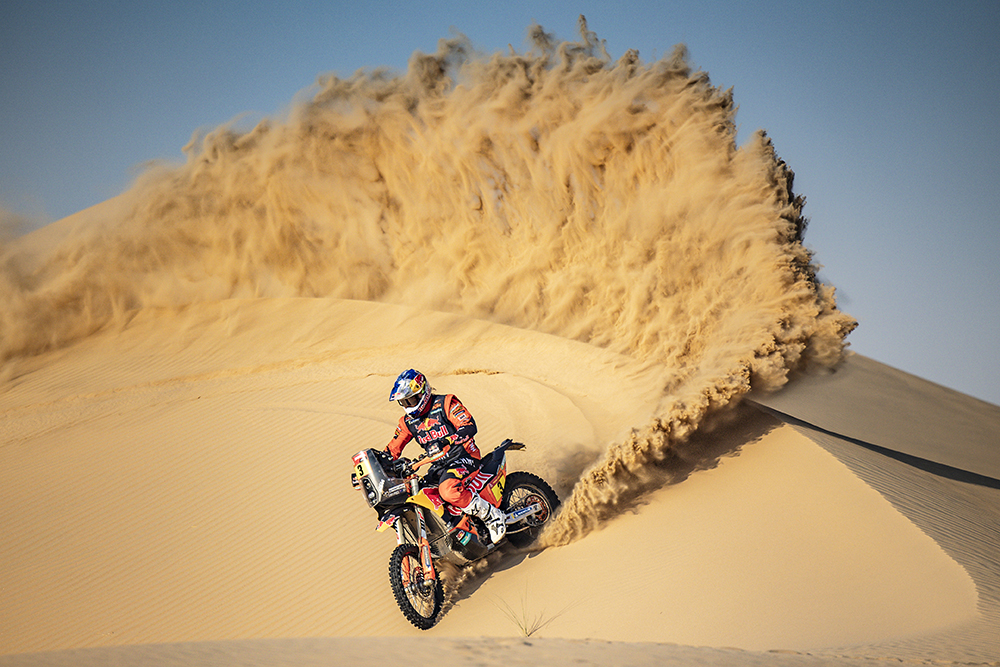
“All the injuries I’ve been through, the body, I given it a fair old whack and used my body up and all my lifelines” Toby admits. “But at the end of the day, it’s all been worth it, and the hard work and sacrifice have all paid off, but yeah, I’ve come very, very close to not living at a normal life and staying on two feet, but I guess it’s just made for one part of the story that anything is achievable if you put your heart and soul into it, and have a dig, so it’s worked out well.”
It’s not just the physical injuries that have plagued Price throughout his career. He has also had to deal with other traumatic moments in his life, including the passing of his sister Min in 2011, and the loss of mates and fellow competitors including Kurt Caselli in 2013 and Paulo Gonçalves in 2020.
Toby’s sister Min, with whom he had a very close relationship, was born prematurely and was unable to walk or see, and her passing affected him deeply.
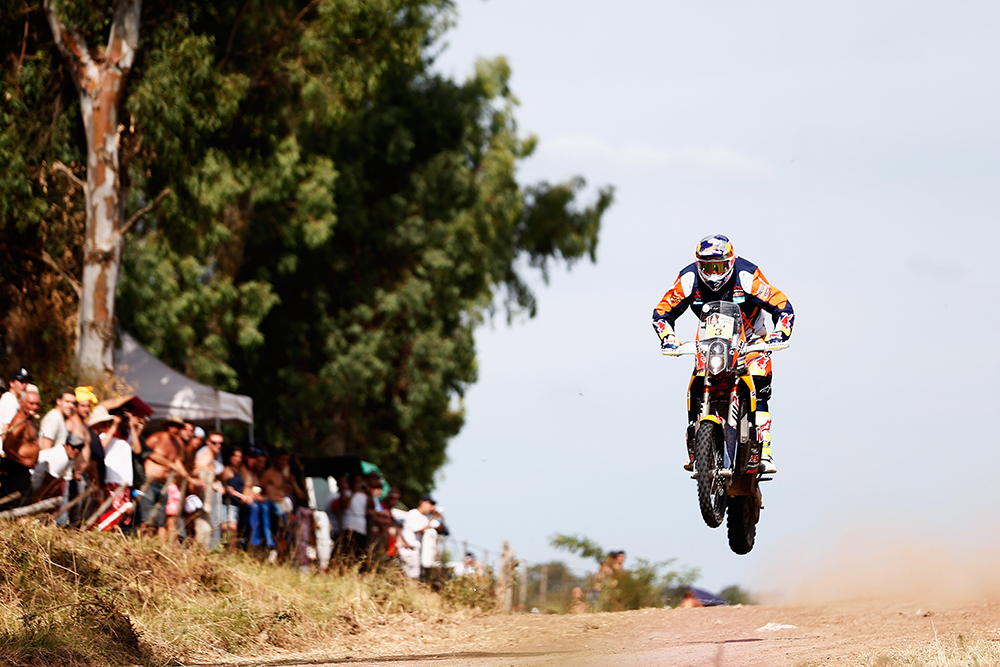
“My sister, I think [she] helped me grow up to be who I am, because I appreciate life so much more with seeing how my sister was; that could’ve been me in that exact same situation, and never had the chances to go and do things, so to lose her, that was definitely a tough time,” he recalls.
When Gonçalves crashed in the 2020 Dakar, Toby was the first person on the scene, and Paolo’s passing hit him hard.
“We’re not invincible. It doesn’t matter how many hours or days or weeks or years you’ve spent riding motorcycles, we’re not invincible, and it can happen to us, and at the time when it all goes down… it’s just a hard thing to accept,” Price explains.
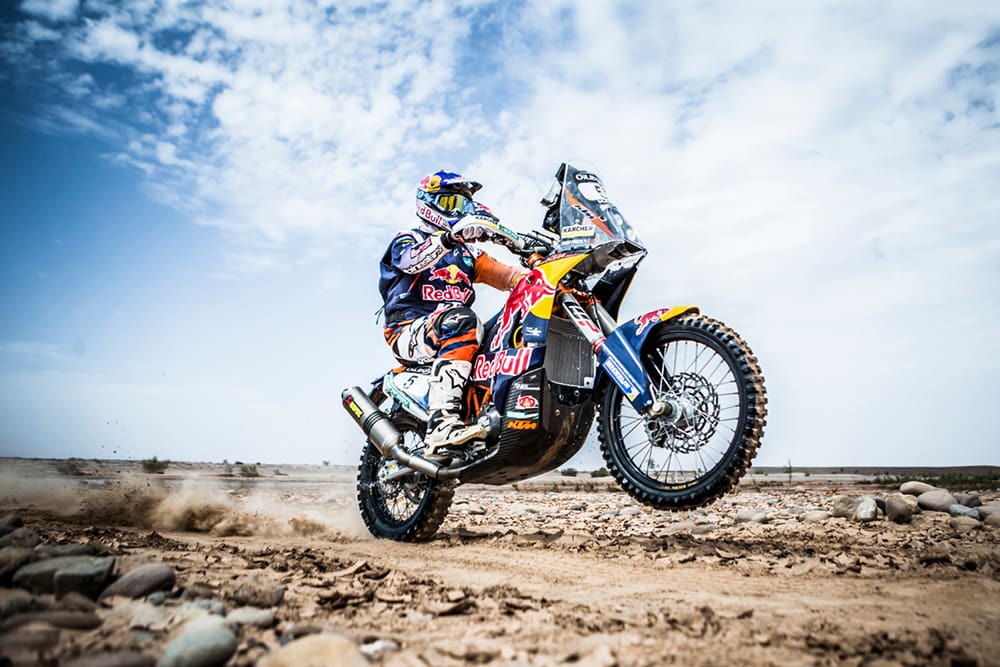
Toby says he thinks of his sister Min as like an angel above looking after him, and she has given him a sense of not taking things for granted.
“I broke myself a lot of times after my sister passed away and I somehow walked out of it,” he says. “All the stuff I’ve done that I’ll be remembered for, in the future it can be all be taken away in the blink of an eyelid, so you can’t take stuff for granted… you’ve got to grab things with both hands and run with it.”
And run with it he has. As well as his Red Bull KTM Factory Racing commitments in Rally Raid and the Dakar, Toby raced in the Baja 1000 (again) last year and he is still committed to winning the ‘Iron Man’ Finke double (winning in the bike and car categories in the same year). It’s going to be a busy 2022…
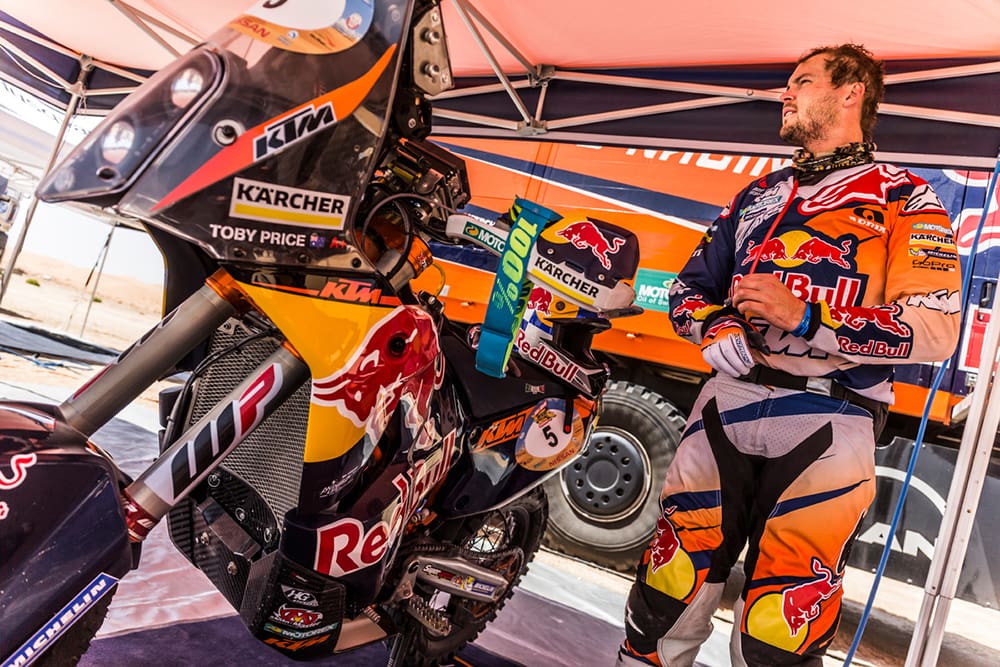
“Basically we’ve got five rounds of the [Rally Raid] world championship we need to do on two wheels, so they’re the goals to try and go for next, and then try and get a world championship back. Finke is always on my list, to try and run the four wheels out there… and run the two wheels out there as well, do the Iron Man, and then I want to do the Baja 1000 again, I want to do the UTV World Championships in America, the Mint 400 America and maybe King of the Hammers or something like that… a couple of those events would be cool if we can match them all in, but yeah, the main priority, the main goal, is make sure we do the world championship and Dakar… ”
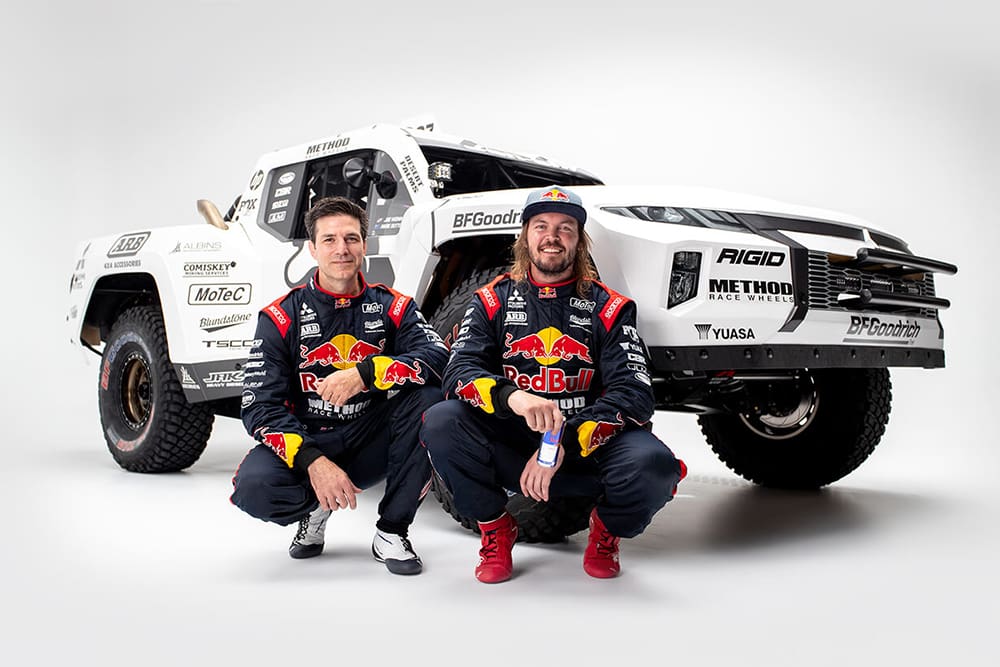
Last year Price signed a two-year extension to his contract with the KTM factory but there’s no doubt he’s keen to follow in the footsteps of desert racers like Stephane Peterhansel, Cyril Despres and Nani Roma who have made the transition from two wheels to four wheels in the Dakar… if the opportunity presents itself.
“I’m not gonna deny it, that it is definitely the goal in the future and, like I said, I just love racing, I love being competitive, and I think that’s definitely the next step for me,” Toby admits.
“I’m only getting older and it doesn’t get any easier each year that you compete and race on two wheels – things just take a little bit longer to recover and things can just jump up and bite you a little bit easier when you start to get a little bit of age.
“But yeah, watching a Stephane Peterhansel and Nani Roma and guys like that, they’ve done an exceptional job of switching over to cars and off of two wheels, and I’m just trying to get a little bit of a jumpstart on it early.”
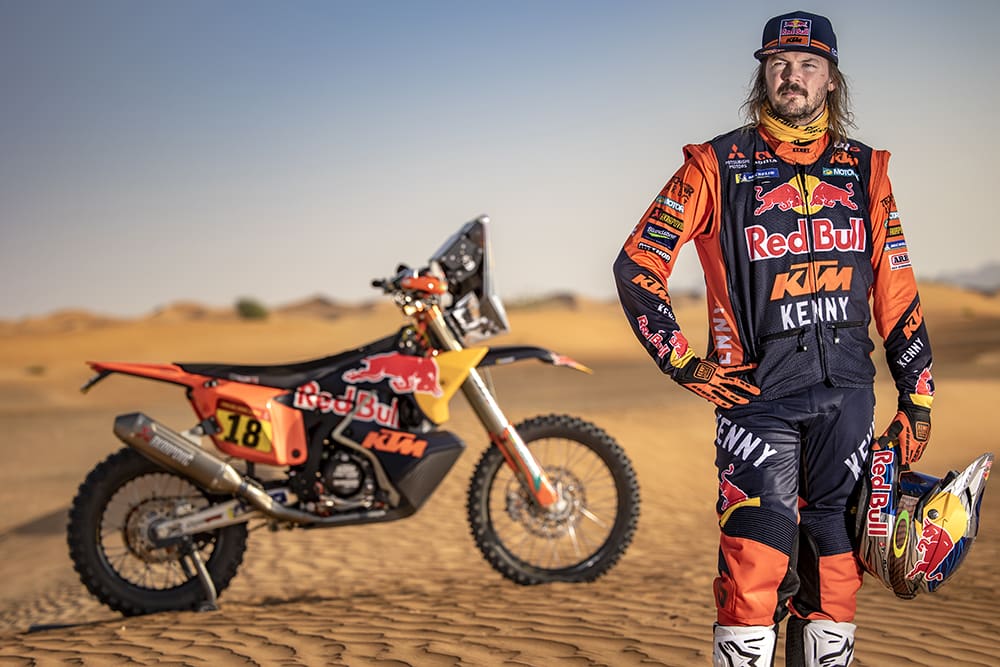
Words Dean Mellor Photography Red Bull & AMCN Archive
